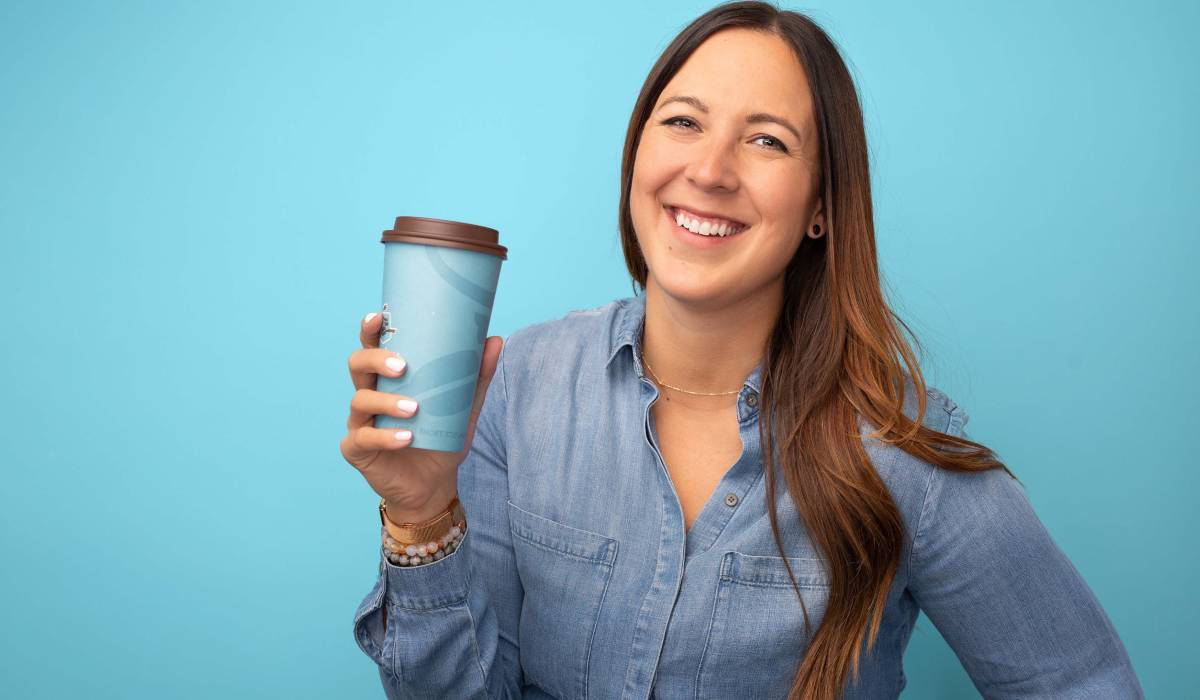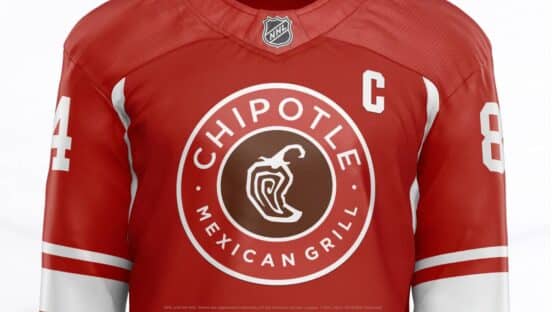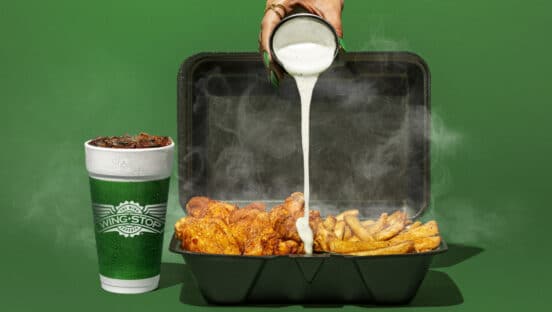Once a restaurant brand becomes well-established on a local or regional level, the natural next step for many is to dive into franchising. It’s a step easier said than done, especially during a pandemic when many businesses halted shop and huddled up. But some endured and even thrived during the COVID-19 crisis, and are progressing with their first franchise plans. It’s served up new lessons of its own—franchising requires patience and purpose.
Iconic New York City brand H&H Bagels, which has five locations and turns 50 this year, saw its domestic shipping swell 500 percent and global wholesale increase 400 percent. H&H CEO Jay Rushin said the company became a better team and operator as a result. After five years of planning—during which he became very aware of their positive brand image after starting their global wholesale business—the company started franchising last fall, with four to six new units planned for 2022, and more accelerated growth in store for 2023.
“We probably launched it about as fast as you could, at least at the quality level we’re looking to achieve,” Rushin says. “Our attorneys at Nixon Peabody and our consultants at MSA Consultants are awesome. They focus strictly on franchising, and they’ve been doing it for 20 or 30 years. They showed us the ropes. Without that expertise, we would probably have launched in 2027.”
Beyond the various state and federal regulations that come with franchising, H&H built out its entire operational training, manuals, and brand standards in the cloud-based Franconnect platform that the franchisees access. “We’re 90 percent of the way through and have been working on it for over a year,” Rushin says. “It’s all that underlying infrastructure stuff that you don’t really think about that takes a long time to think through and build off of. So when you do sign your first deal you have everything ready and you’re not floundering around putting something together at the last second.”
Miller’s Famous Sandwiches is another 50-year-old brand looking to the franchising space. Over the decades, it’s established roots as a top-notch roast beef destination at two Rhode Island locations, which never closed during the pandemic. The chain’s original 1,500-square-foot main unit in East Providence did nearly $2.4 million in sales last year.
Gwendolyn Graham, president of Miller’s Famous Sandwiches, has been with the brand since 2006. Her husband, Roger Miller Jr., VP and chief operating officer, came onboard fully in 2010 when the company opened its second location. He’s a third-generation operator. Both were asked if they wanted to continue the tradition. They previously worked in IT, and Gwendolyn in accounting as well, which has helped through the transition.
Like H&H, Miller’s is choosing slow, steady growth at first, seeking both first-time and experienced franchisees with passion for their brand. They are not looking to add multiple units at the start for the sake of revenue. As of press time, Miller’s was close to signing its first franchisee in southeastern Massachusetts, about 25 miles from the chain’s East Providence location, and was looking at tertiary markets outside Boston where interest is strong and the brand resonates.
“Systems are important in franchising—to make sure that those can be replicated and duplicated,” Graham says. “We’re process-oriented people, and that’s what running a quick service restaurant is—you’re doing the same thing over and over again. But you have to be very efficient in your movements. You have to really stick to the plan if you want to push out 500 sandwiches in two hours. You have to help people stick to that plan because if people start just doing their own thing, it’s a nightmare.”
Graham says Miller’s is about servicing guests, consistency and attention to detail, and team building. It also wants to focus on a strong chain of quality franchisees and emphasize the presence of local owners to their respective communities. The brand digitized its operations manual with a system called Jolt to stay current, make changes in real time, and increase efficiency.
For more than 30 years, Minneapolis-based Caribou Coffee, which is also now getting into franchising, thrived in the Midwest with growing national recognition and expansion plans, including the 2019 rollout of the “Caribou Cabin” prototype, a smaller, 600-square foot walk-up/drive thru model, which Caribou president and CEO John Butcher says is “designed to offer speed and convenience without sacrificing quality and service.”
Like H&H and Miller’s, Caribou is focusing on quality over quantity in building opportunities. Unlike the others, though, it has international franchising experience with 261 Caribou Coffee franchise locations in nine countries as of December 28, 2021. While Caribou will expand with both its Coffee and Cabin locations, the latter will play a big role in growth.
“Over the past two decades, Caribou Coffee has invested in our digital and omnichannel leadership and established robust CPG and non-traditional license businesses,” Butcher said. “As a result, despite our company-owned stores being largely based in the Midwest, our CPG and omnichannel operations have translated to Caribou’s presence throughout all 50 states. Additionally, while our domestic franchising launch is new, Caribou as a brand is very familiar with franchising through our existing international and non-traditional offerings. The success of these areas of business is a true testament to the strength of the internal teams and processes already in place, and we’ve invested in this internal support to ensure our domestic franchise partners have the resources they need to succeed.”
Additionally, Caribou has substantial support with “Panera Brands,” a conglomerate formed in August that includes Panera Bread and Einstein Bros. “Panera Brands has an incredible franchisee program,” Butcher says. “Their expertise will no doubt be invaluable as we continue our partnership and continue building Caribou’s franchise program.”
Caribou closed its first multi-unit deal in Ohio in March 2021 along with subsequent signings and great interest from prospective domestic partners. “These agreements will expand our footprint significantly alongside exceptional operators who bring a sophisticated background in multi-unit operations as well as share our core values and vision,” Butcher says.
“Developing a franchise business is a whole separate business,” Graham added. “You can be a good restaurant operator but have no idea what to do when you develop a franchise brand. They’re two separate businesses.”











